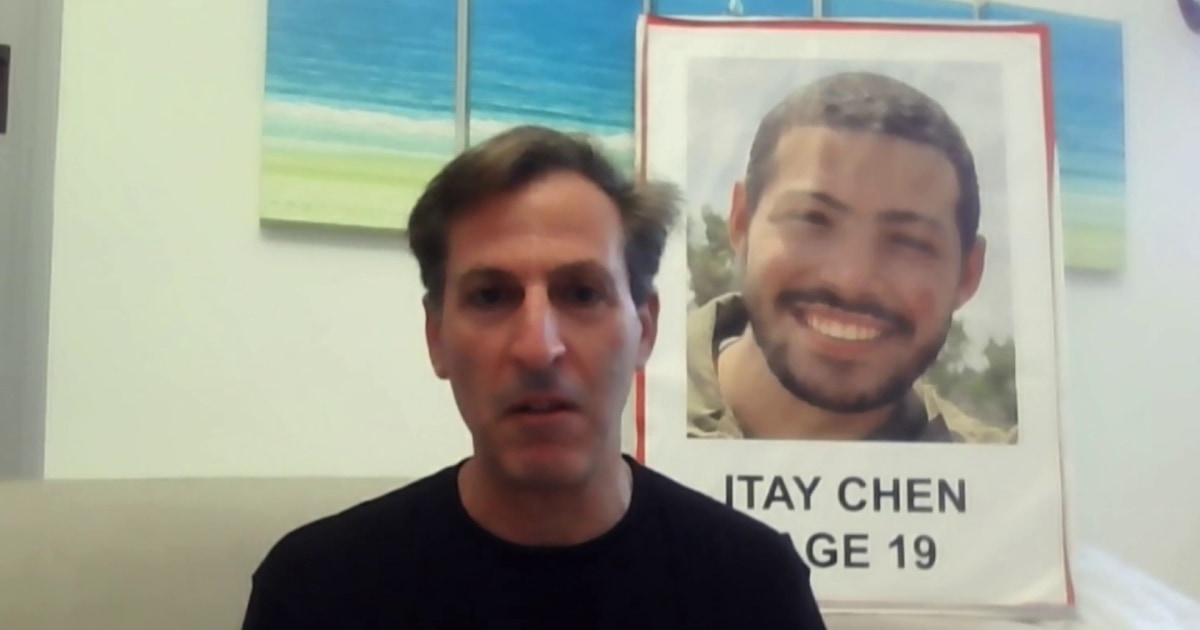Foolish notions about Israel are being repeated morning and night. Relayed by high international authorities. Validated by respectable organizations, among them Action Against Hunger, which I helped found. They are echoed by one of my friends, the Israeli author David Grossman, who 30 years ago helped me launch La Règle du Jeu, a journal that supports every struggle for freedom. Yet they remain foolish notions. Three examples:
• Israel is “reoccupying” Gaza. True, two ministers in Benjamin Netanyahu’s government have said, without shame, that they dream of doing so. But this isn’t the strategy of the Israel Defense Forces or the position of the government. Whether one likes Mr. Netanyahu or not, the least one can do is listen.
On Fox News, on Aug. 7, he said he wants the IDF to drive out Hamas and take control of Gaza—but “without administering it” and handing it over to a “civil government” as soon as possible. “We do not want to keep Gaza, we do not want to govern Gaza.”
How could he be clearer? How could he better say that his war aims don’t contradict those of Ariel Sharon, who left the Palestinian enclave in 2005?
One can be horrified by this war. One can find that it causes, on both sides, far too many victims. One can wonder if everything is being done to bring back the hostages. But one can’t say just anything. One can’t keep repeating, ad nauseam, in a perpetual “J’accuse!” tone that Israel is occupying Gaza.
• Israel is using famine as a “weapon of war” in Gaza. Look at the hundreds of trucks that have passed inspection, with Israelis ensuring they are not also carrying weapons. These trucks don’t wait at border crossings. They wait inside Gaza. And then what happens?
At one point, the United Nations agencies charged with aid distribution couldn’t prevent them from being looted by Hamas or gangs linked to it. Then Israel, with the U.S., set up the Gaza Humanitarian Foundation, to which the U.N. agencies replied: No thanks, the starving can wait, we won’t touch that bread, we will not collaborate with those people. Then Israel agreed to work with the official agencies if they purged their ranks of Hamas activists. The agencies replied that Gaza was too dangerous.
Then Israel offered to open humanitarian corridors 10 hours a day in areas including Al-Mawasi, Deir al-Balah and Gaza City. The agencies demanded Israeli military convoys, even as they accused the Israeli military of engineering a famine.
Who, honestly, must be blamed for this tragic failure? And who will break this vicious circle of bad faith, in which, as usual, civilians pay the price?
• Israel is committing “genocide” in Gaza. True, there are pyramids of the dead. Children killed in the flower of their age. And not enough pressure on Hamas and its sponsors to stop this atrocious war. But words have meaning.
To say “genocide” means a plan—a deliberate, targeted initiative to destroy a people. That isn’t what the Israeli army is doing. Perhaps it is waging the war badly—though who would do better in an asymmetric conflict when the enemy’s goal isn’t to minimize casualties on its own side but to maximize them, so that every martyr is a trophy and a reason to continue a fight whose aim is not a state for the Palestinians, but no state at all for the Israelis?
A genocidal army doesn’t take two years to win a war in a territory the size of Las Vegas. A genocidal army doesn’t send SMS warnings before firing or facilitate the passage of those trying to escape the strikes. A genocidal army wouldn’t evacuate, every month, hundreds of Palestinian children suffering from rare diseases or cancer, sending them to hospitals in Abu Dhabi as part of a medical airlift set up right after Oct. 7.
To speak of genocide in Gaza is an offense to common sense, a maneuver to demonize Israel, and an insult to the victims of genocides past and present.







